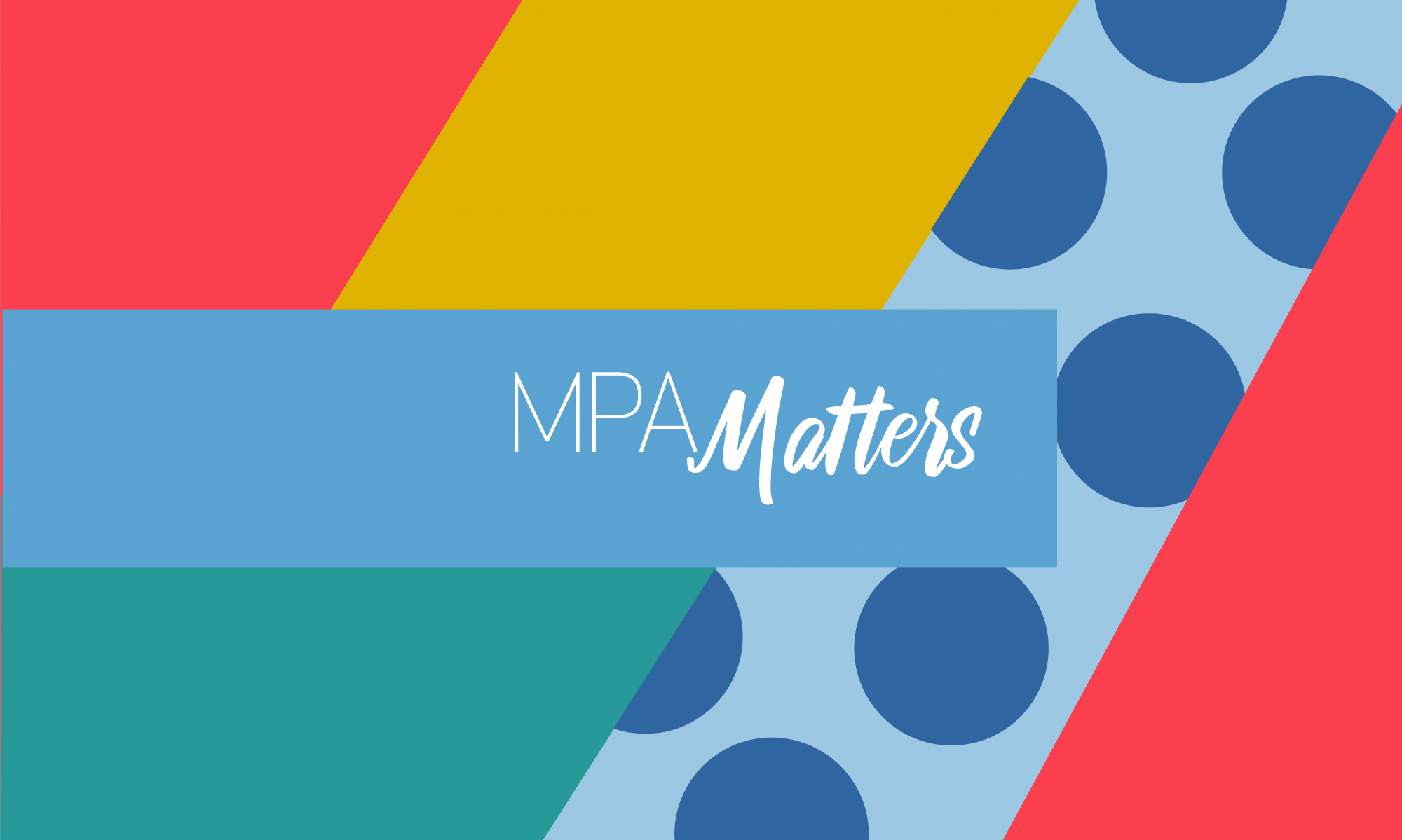This post was written by current MPA Student Stephen Thomson.
———————————————————————————————–

This is my 3rd semester at UNC and at this point I’ve started to notice something really interesting about the MPA program. There are so many diverse individuals, with different career trajectories, but somehow, we’re also so similar. To further understand this paradox, I decided to sit down with a couple of fellow MPA students to explore how our diversity ties us together. This week I got to talk with first year (first semester, even!), Valerie Sauer, currently the one and only MPA/MSW dual graduate degree student at UNC.
Valerie attended Appalachian State University before transferring to UNC and earning her undergraduate degree in Political Science, with a double minor in Public Policy and Hispanic Studies in 2016. Building on her internship and volunteer experience in social services, Valerie began working as a client services coordinator for the Family Justice Center in Alamance County, NC. In that role she worked directly with individuals seeking help for a wide range of situations from domestic abuse to human sex trafficking—Valerie handled the walk-in client. The first center of its kind in North Carolina, the Family Justice Center serves as a “one stop shop” for the myriad of government organizations individuals need to interact with to obtain help with their situation. After a year and a half there, Valerie was offered the Director of Education Programs position with the Compass Center in Chapel Hill, where she split her time between direct client work and community education. Valerie said she loved this work, but after several years of working with clients “interacting with systems that didn’t serve them” she felt moved to be part of systemic changes in the social services field—And with that, she turned to her alma mater, UNC.
Valerie’s mother and father both work in Public Administration, and from an early age Valerie was drawn to helping people in need, first in her home of Scotland County, NC and then as an undergraduate student interning with the Compass Center (the same one she returned to work at in 2018), and the Police Department. Over the years she interacted and helped a lot of individuals struggling with domestic abuse. She also saw a broken system which was not designed from a victim’s perspective and often became burdensome to individuals already down and out. Valerie’s direct client work at the Family Justice Center and the Compass Center afforded her valuable knowledge about the ins and outs of social justice in North Carolina, but as the Director of Education Program she gained a whole new perspective.
At the Compass Center Valerie went out and talked with community members, everyone from middle and high school students to police officers and medical students. She went to schools to talk to youth about healthy relationships and to meet with professional to tell them about the programs available at the Compass Center. This new role of indirect or pre-victim service helped her to see the system within which she worked and understand that while “individuals in these systems wanted to help… the system wasn’t designed to help [the victimized] individuals.” As she told me this paused. Mid-hand gesture and poignantly said, “and that’s why I’m here.”
I asked Valerie about the transition from full time employment to full time, on campus student and she acknowledged the shift in cultures. For example, Social Services professionals have been talking about equity and social justice for a while, but some of her public administration colleagues are new to the conversation. She added that one of the things she enjoys so much about the MPA program is the smaller class size, which has allowed those tough conversations to be more impactful. As a dual student Valerie will be on campus, full time for three years. This first year is as an MPA student, the second year will be a Social Work student. She said she’s glad her first year is in the MPA program, because her cohort has really helped with the emotional transition.
As our conversation drew to a close, I couldn’t help but ask Valerie about her mother, Lydian Altman, teaching professor for the School of Government and about her family’s history of public service. Valerie laughed and we joked about how her enrollment in the program might look like nepotism, but given Valerie’s impressive resume and professional drive, it would be hard to suggest she wasn’t in the program on her own merit and on her own path. Waxing retrospectively, she said she understands her parents much better know, and shared that she has already begun to see that the values she was taught growing up and those held dearly by public administrators.
Reflecting on our conversation, there something which Valerie said which I think cuts to the core of our conversation. “It’s the people who really make the difference for me,” she said while talking about the School of Government’s facility. And while, yes, we do have great faculty, I feel like that sentiment translates to what’s different about the comradery in this MPA program. I also feel like that sentiment sums up my personal motivations for enrolling in this program. Maybe it’s a common feeling among students studying Public Administration, but for me it’s the people who really make the difference.

